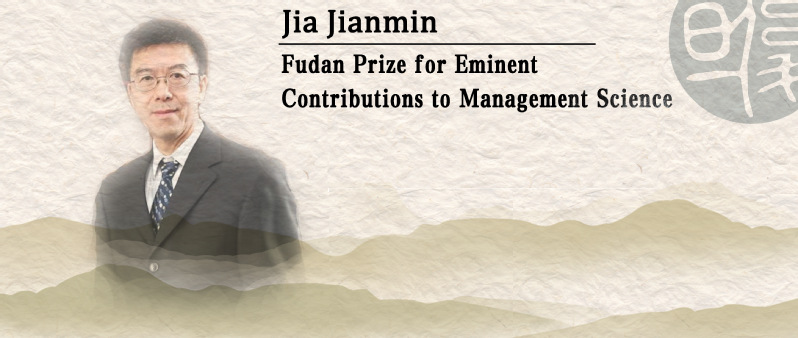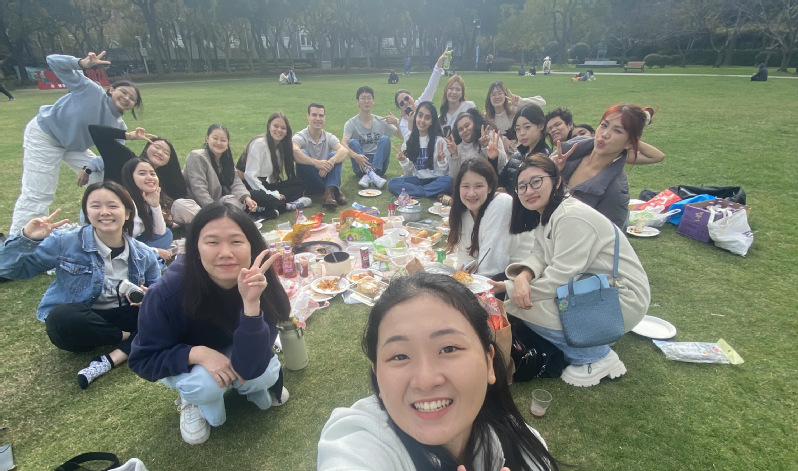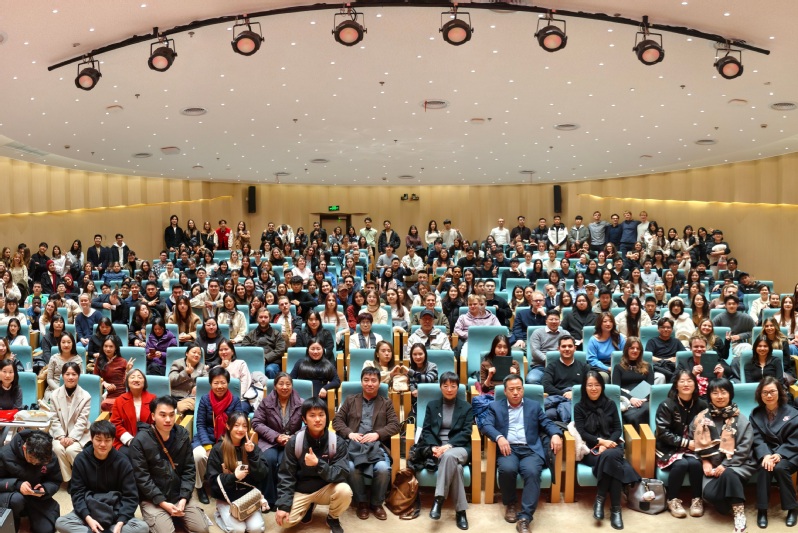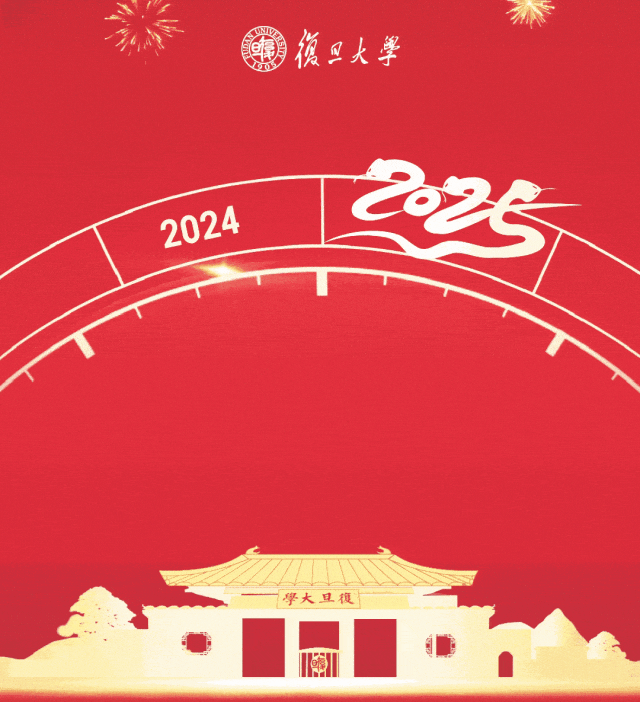 “Innovation is the driving force and vitality of academics. Even half a step forward from where our predecessors stand should be appreciated as an academic advancement.” This is how Professor Jia Jianmin, Winner of the 2019 Fudan Management Achievement Award and Presidential Chair Professor of the School of Management and Economics, the Chinese University of Hong Kong (Shenzhen), thinks about academic innovation.
“Innovation is the driving force and vitality of academics. Even half a step forward from where our predecessors stand should be appreciated as an academic advancement.” This is how Professor Jia Jianmin, Winner of the 2019 Fudan Management Achievement Award and Presidential Chair Professor of the School of Management and Economics, the Chinese University of Hong Kong (Shenzhen), thinks about academic innovation.
Risk and Uncertainty make management a challenging discipline.
“My background in mechanics and mathematics has always been a great help to my management studies.” Professor Jia said that he realized he could combine mathematical logic and engineering thinking with his study of management, for which management became more appealing to him and later he was able to develop theory and models better.
Since when he was only a graduate student, Jia has been working on the concepts of “uncertainty” and “risk” of management, which remained his research focus in the many years to come. He spent a year collecting data from all the ports in Shanghai, exploring ways to measure volatility and uncertainty in shipping and trying to come up with the optimal capacity of Shanghai port in the light of those factors.
“Critical thinking is necessary to academic innovation. Doubts with established theories and approaches bring along motivations for innovation”, said Jia.
A management decision is often a trade-off between risk and value.
With a strong mathematics background, Professor Jia is good at using models to analyze management problems and to infer and predict human behaviors. He developed risk-value theory that facilitates the decision-making process by trading off between risk and value and established a relationship between perceived risk with decision preference, the two rarely put-together concepts. This new theory unifies a large body of decision and risk phenomena and models, and has more descriptive power for consumer judgment and decision making under risk.
He has built a variety of models based on risk-value theory. By applying the risk-value theory to the study of consumer decision-making, Jia and his collaborators developed the model of disappointment and regret effects, a better descriptive measure of consumer value. In addition, he also developed new measures of perceived risk, attribute conflict, and loss aversion in decision making, and other consumer choice models.
Apply theoretical models to corporate scenarios to verify their practicality.
Jia understood the importance of data in enhancing enterprise management capability as it could reveal and predict consumer behavior.
In the past decade, Jia has established ties with many relevant companies, including Chengdu Bus Group, Chengdu Railway Bureau, Guangzhou Railway Bureau, Sichuan Telecom, and IBM to access big data and test his models. His research project titled “Research on Customer Insights and Marketing Strategies in the Big Data Environment” is sponsored by the National Natural Science Foundation of China as a major project.
Study the public perception of risk on disasters for people’s welfare.
The first time Jia engaged himself with the study of risk management was in 2003 when SARS broke out in China. Jia wanted to use his knowledge in risk management to understand people's perception of risk and responses facing SARS. With the help of his colleagues in the field, he teamed up with the Chinese Academy of Sciences and several universities to study the perceived risk of SARS in 5 cities: Shanghai, Beijing, Guangzhou, Hong Kong and Chengdu. Their studies showed that people in different cities have different coping behavior.
In addition to SARS, earthquake risk is another major subject in Jia’s research work. Based on Ya’an earthquake in 2013, they combined mobile phone data with a field survey to show that hedonic app usage reduced perceived risk, and potentially serves as a population-scale coping and recovery strategy that is often missing in risk management and policy considerations. Based on their findings, Jia and his collaborators have published their findings in Psychological Science, a top international journal to help with post-disaster reconstruction around the world.
Keep exploring in the 3 dimensions of time, space and connections.
Big data is the main emphasis in Jia’s recent research. He believes that today's world can be described by big data, and people's behaviors can be identified by the 3 dimensions of time, space and connections. “‘Time, space and connections’ is in line with the Chinese culture, centering on ‘right timing, right place, and harmonious human factors’”, said Jia. This framework can help people to gain good insights into consumer and firm behavior.
As an example, he believes that the next step for face recognition needs to involve “time, space and connections”. “About two years ago, I’ve already pointed out that facial recognition should be able to both identify a person and more importantly, track their mobility behavior and how they have crossed paths with other people’s activities. Only by identifying the 3 dimensions of ‘time, space, and connections’ can we better understand the mechanisms behind business decisions and social behaviors.”
Jia told us about his work for the next stage, “I found big data and AI useful in decision-making, and next I will look into different fields to open up new areas worthy of research in hope of making more contributions to management and social sciences.”




